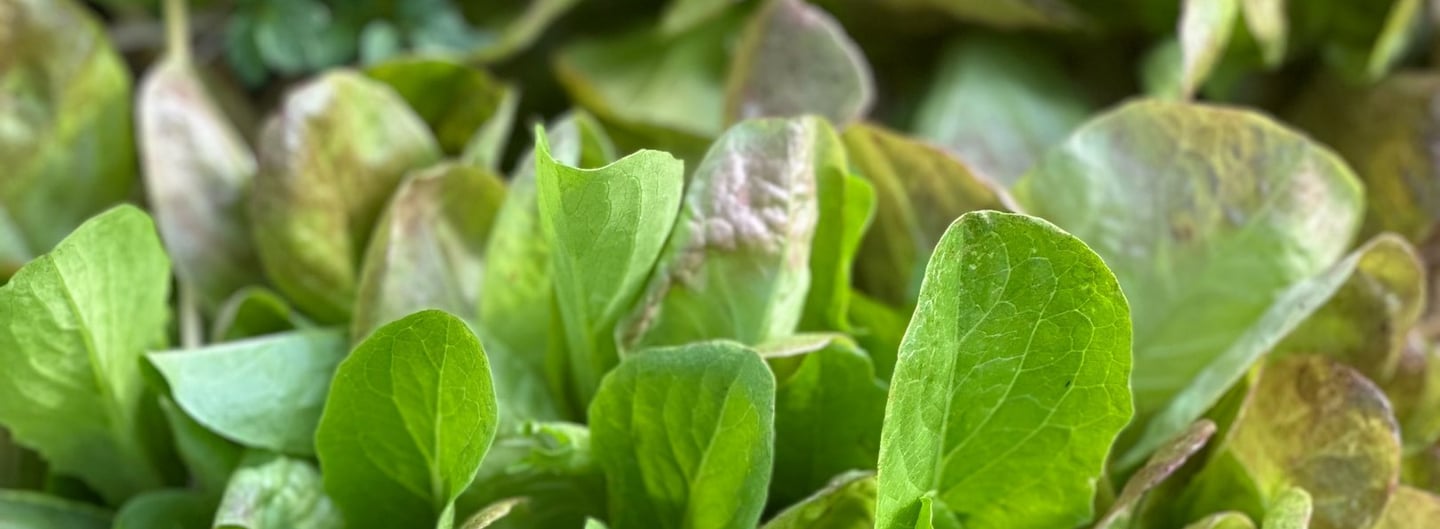Final Thoughts: Gardening as a Form of Healing and Resistance
5/30/20254 min read


Gardening as Empowerment
Gardening serves as a potent form of empowerment for individuals and communities alike. At its core, the act of cultivating one’s own food fosters a profound sense of personal agency. When people engage in gardening, they are not only investing time and effort into the earth but also taking control over their food sources. This shift towards self-sufficiency can lead to increased resilience against external circumstances, such as rising food prices or supply chain disruptions.
Furthermore, the knowledge and skills developed through gardening contribute significantly to personal and community growth. Individuals learn essential techniques that enable them to cultivate various crops, understand seasonal cycles, and engage in sustainable practices. These skills can be shared within communities, leading to cooperative efforts that enhance food security and promote a stronger sense of camaraderie among participants. As community gardens flourish, they become vibrant hubs of interaction, knowledge exchange, and collective empowerment, strengthening social bonds and fostering collaboration.
Beyond practical benefits, gardening provides significant psychological advantages. Engaging with nature and nurturing plants creates a form of therapeutic interaction that can alleviate stress and anxiety. Studies have shown that gardening can promote relaxation and enhance overall mental well-being. The sensory experience of touching soil, tending to plants, and observing growth can lead to feelings of accomplishment and joy. As gardeners witness the fruits of their labor, whether through blooming flowers or ripening vegetables, they experience a tangible reward for their efforts, bolstering self-esteem and fostering an optimistic outlook on life.
In essence, gardening acts as both a personal and communal strategy for empowerment, allowing individuals to reclaim agency over their lives while promoting mental and emotional well-being.
Health Benefits of a Summer Vegetable Garden
Maintaining a summer vegetable garden offers a multitude of health advantages, spanning nutritional, physical, and psychological domains. Firstly, the nutritional benefits of home-grown produce cannot be overlooked. Vegetables harvested straight from the garden are often more nutrient-dense than their store-bought counterparts, which may lose some vitamins and minerals during transportation and storage. By cultivating a variety of vegetables such as tomatoes, cucumbers, and leafy greens, gardeners can ensure a fresh supply of essential nutrients, including vitamins A and C, iron, and dietary fiber. This access to fresh produce can significantly contribute to a balanced diet, ultimately promoting better health outcomes.
In addition to nutritional gains, gardening inherently provides opportunities for physical activity. Engaging in this outdoor activity promotes regular movement, whether it involves planting seeds, weeding, or watering. Such physical exertion can contribute to improved cardiovascular health, increased muscle strength, and enhanced flexibility. The act of gardening can also serve as a form of low-impact, enjoyable exercise, which is particularly beneficial for individuals who may find traditional workouts unappealing. Consequently, regular gardening can aid in maintaining a healthy weight and reducing the risk of chronic diseases.
Moreover, the psychological benefits associated with gardening are profound. Engaging with nature has been shown to alleviate stress, reduce anxiety, and improve overall mood. The act of tending to a garden allows individuals to connect with their surroundings, cultivates mindfulness, and fosters a sense of accomplishment as they see their plants thrive. The combination of fresh air, sunlight, and the therapeutic nature of gardening can significantly enhance mental well-being, making gardening a holistic approach to health. In conclusion, cultivating a summer vegetable garden is not only a means to access nutritious produce but also a pathway to incorporating physical activity and mental health benefits into one’s lifestyle.
Sustainability Through Gardening
Sustainable gardening practices play a vital role in promoting environmental health and enhancing local ecosystems. By cultivating food locally, gardeners can significantly minimize the carbon footprint associated with transporting food from farms to consumers. This localized approach not only reduces greenhouse gas emissions but also revitalizes community ties as individuals engage more deeply in food production and distribution.
Moreover, gardening serves as a crucial strategy for reducing food waste. By growing their own fruits and vegetables, individuals can better control their consumption, leading to less surplus and, in turn, decreasing the volume of food discarded. Additionally, plants that do not meet supermarket aesthetics can still be harvested and enjoyed, further minimizing waste. Home gardeners often adopt a "farm to table" mentality, encouraging conscious consumption and waste reduction.
Organic gardening methods are integral to maintaining a sustainable ecosystem. Utilizing compost and natural fertilizers enhances soil fertility while promoting biodiversity, which is essential for a balanced environment. These practices help create habitats for beneficial insects, birds, and microorganisms, fostering a healthy ecosystem that thrives without reliance on synthetic pesticides or herbicides. Such methods not only ensure that the gardening process itself is sustainable but also create a regenerative cycle that enhances soil health over time.
Incorporating sustainable practices into gardening also contributes to the resilience of both the environment and the community. As climate change continues to threaten global food systems, local gardeners can adapt their practices to better withstand fluctuations in weather patterns. By engaging in sustainable gardening today, individuals not only invest in their well-being but also lay the groundwork for a healthier planet for future generations, forming a bond between personal health and environmental care.
Building Community Through Local Farmer's Markets
Local farmer's markets represent a pivotal element in fostering community connections, particularly within the gardening landscape. When individuals choose to purchase their produce and gardening supplies from these markets, they are not merely obtaining food; they are actively supporting local farmers and strengthening the agricultural economy. This practice helps to establish a direct relationship between consumers and producers, facilitating a deeper understanding of the food system and encouraging eco-friendly practices. Furthermore, by investing in local farms, consumers contribute to sustainable agricultural practices that prioritize both environmental health and community resilience.
Moreover, local farmer's markets serve as vibrant hubs where community members gather and exchange not only goods but also ideas and experiences related to gardening. Shared gardening experiences foster a sense of belonging and create strong community ties. Individuals find common ground in their love for gardening, sharing tips on cultivation, pest control, and seasonal planting. These exchanges enhance knowledge and inspire newcomers, ultimately leading to a collective appreciation for the art of growing food. The presence of farmer's markets facilitates the establishment of social networks among local gardeners, making the act of gardening a shared and collaborative endeavor.
Additionally, engaging with local products through farmer's markets strengthens food networks, allowing communities to prioritize food sovereignty and self-reliance. These markets provide an avenue for diverse individuals to access fresh, seasonal produce while learning about the origins of their food. The direct interaction with local growers transforms the way people perceive food, shifting from mere consumption to an understanding of its implications for health, nutrition, and sustainability. This communal aspect of gardening transcends individual practice and promotes a collective act of resilience against socio-economic challenges. Through farmer's markets, community members not only nourish their bodies but also cultivate relationships that inspire a more interconnected and sustainable future.
Grow
Cultivating wellness through gardening and sustainability.
Email Us:
© 2025. Healing IN Garden & Farm LLC. All rights reserved.
Created by askdolo.com
